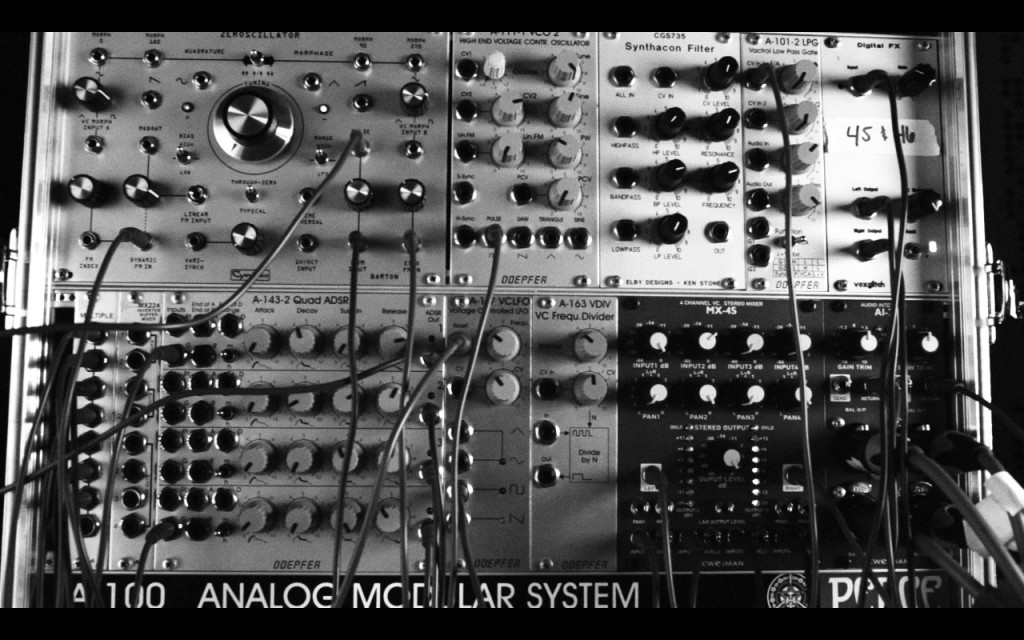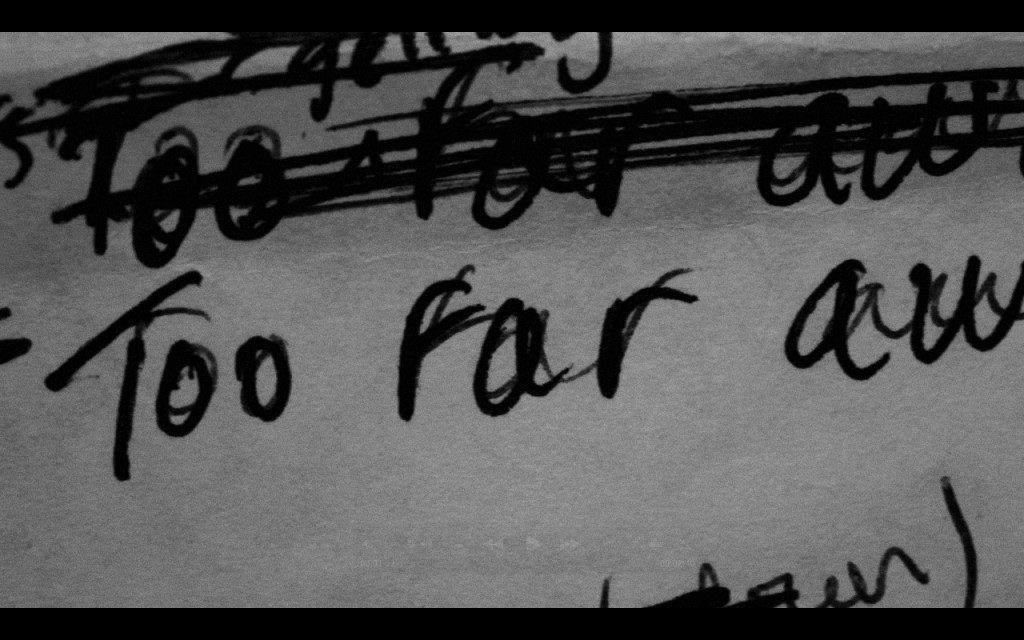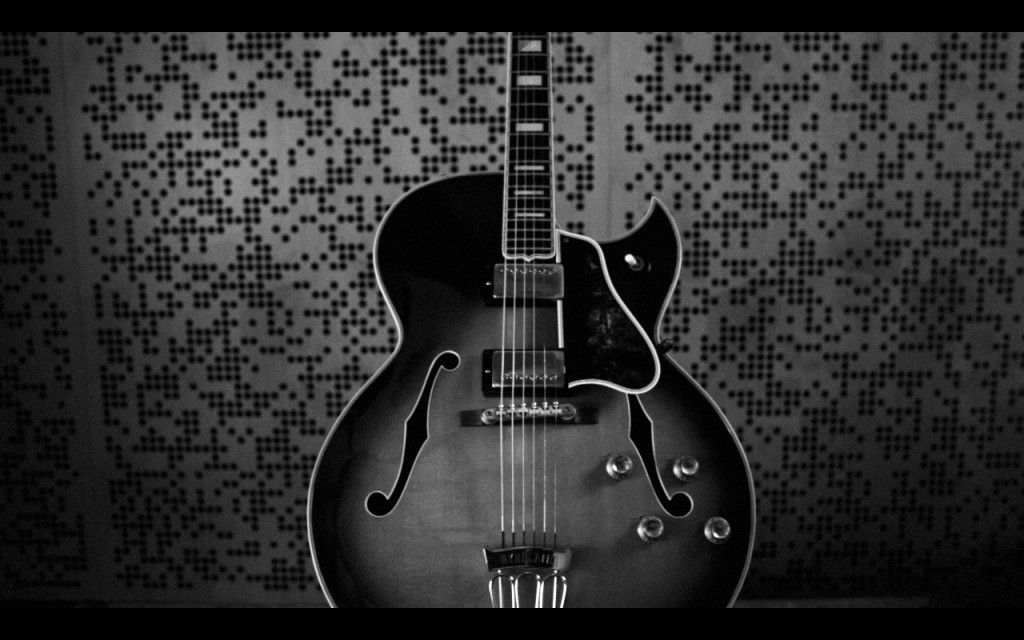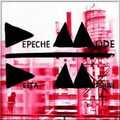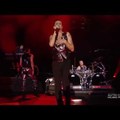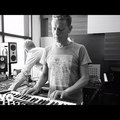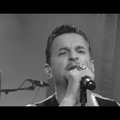I have been immersed in photography since I was quite young, film is a more recent medium for me.
Looking back, do you still find that the things that initially drew you to doing something creative still inspires you or do you struggle with finding new inspiration when you approach a new project?
My work is mostly collaborations with artists-musicians, actors, visual artists etc, so each new project brings it’s own new energy, approach, and inspiration. I tend to be particular as to what projects I dedicate my time to to make sure it is worth the emotional investment. I’ve been very lucky in that regard as nearly all of them I’ve learned something new. There’s always a new way to see something, that’s the interesting and challenging part.
Of the two, which do you find more challenging? Does meeting that challenge bring you more reward or do you find yourself more annoyed by having to fight yourself on it?
The film pieces take longer and are much more detailed and collaborative than photography. It is more of a journey and you can’t be quite sure where it will take you. There are many people involved with opinions, talents, and emotional quirks. In that way it’s quite challenging, but the effect can be potent. You can penetrate the viewer on a deep level with film by affecting time and emotion.
And marrying moving images with music is extremely compelling. With film there is the leeway of pushing from reality, it doesn’t carry the burden of truth that photography is expected to. Photography, on the other hand, has an immediate gratification and seduction, a sense of being knowable and factual, that can elevate simple moments to a poetic plane when done properly. It can be more inclusive and intimate in some ways as it is based on a single moment in time. This can also be a burden to chose which is the most truthful of moments since they are all truth and also all lies at the same time. So each has it’s own burden and own reward.
I’m sure in the early days, like anyone, you felt pretty vulnerable putting your work out there, how do you deal with less then favorable criticism these days?
Well this is a good point. It’s a tricky one. In order to create these pieces you must be sensitive and open, as, at least for much of my work, I’m creating pieces for artists themselves. So one must start the process by being very sensitive, listening, and feeling out what is the appropriate way to express their message, while running it through your own filters and feelings. Listening is very important. So you go through this process of acquiring emotional data and building a world for them, you create this together with them and your team, and then you put it out into the world and it is often met with destructive extremely vocal opinions of the masses. This though is just part of creating anything in the current environment we live in and is part of the deal you make with the world when you decide to be a creative.
I was lucky enough to create a body of work before the onslaught of internet feedback seem to take over, so in many ways I feel lucky. My point of view is based on my experiences, not generated by committee, so that gives one the confidence to create new things. I’m not sure how a new artist now would continue to create in the current hostile environment of the internet, which is where, to be fair, most people experience art at the moment. If I was going to start an art school I would definitely create a course “Surviving destructive Youtube comment trolls 101”.
In the end though you create things as a team and you solve the problems and communicate what you attempt with that team and if you are your collaborators feel it was successful that is the most important things, as cliché as that is. There will always be someone trying to take you down, and usually that person is yourself, during the process, as you sometimes painfully deconstruct your own feelings on what you are doing, trying to get to the truth. So by the time someone comments “not feeling it” on YouTube, you’ve already been through the valley of darkness and emerged with your prize, so the comments have more the net effect of a gnat buzzing in your ear. Really it is all just a game in the end.
Can you still enjoy film and photography for what it is or are you constantly critiquing what you’re looking it?
Photography is a way of engaging with the world. How you feel about a thing CHANGES when you photograph it. It is a critique of the world incarnate. As an exploratory tool nothing rivals it in the modern age, and the popularity of things like Instagram proves it. What is your favorite photograph you’ve taken ? For me it is always of a loved one. But to your question I think its interesting that we are surrounded by films and mostly photography, and you start to analyze everything, but for me I see a photograph and am usually interested in the photographers point of view, why they took the image, what led up to it, etc. It is critical, but more in a manner of looking into the mind of the creator. After making some short film pieces I most definitely looked at films in a different manner and the staggering amount of work and focus that goes into creating them.
Have you ever found yourself more confident in one formant and perhaps experimenting with techniques to see if they apply in the other? Perhaps some of your video directing skills can help in directing a photo session go smoother for example.
Photography is good as it teaches you to be quick and interact with humans in a very intimate setting. Creating a portrait of someone is making an unsaid agreement with them about what you are setting out to do together. And photography allows you to quickly try out various techniques, lighting, color, etc to get your ideas across. These skills can translate to film very well were the process is much slower, there’s much less spontenaiety, so often I’ll bring the techniques I used in photography over into my film shoots, knowing that they will work.
The software and tools used for editing just seems to be evolving so rapidly, especially over the last few years. Do you stay pretty on top if it or just kind of pick and choose what works for you?
I spend most of my time working towards visual ideas rather than the technology of it. I work with amazing people who can bring the ideas to life in a technological manner. My tastes tend to veer towards more experimental art, video art, installation works, programming art, so often I try to bring some of that to the table and work it into a context that can be collaborative within the structure of these video pieces.
How did directing Motor’s “Man Made Machine” video come about? Did working on that video start up your relationship with Depeche directly?
I had worked with Motor for many of their projects before Man Made Machine. Bryan Black and I are both huge fans of industrial, techno, electronic music and the culture around it. We get along like a house on fire, so when they brought up the Man Made Machine track we felt it would make a great video. There’s always many people involved in how these connections are made. I was working with a video commissioner who suggested me to Mute and I think a few stars aligned.
Can you tell us a little bit about how the concept for the “Angel” video come about?
It’s rare that I do an in-studio type piece, most of my work is quite art directed and conceptual, so I was drawn to the idea of trying to translate that into this studio situation. I went into meet the band and was inspired by their energy in the room, they are amazing musicians and you feel it the moment you walk in studio. I actually felt this side of them hadn’t been shown very well, so that was my main concept, show this energy… not knowing where it would take me. After filming it, the amazing editor Dayn Williams and I dedicated a large chunk of our lives carving out the film. I think we accomplished our goal on that one.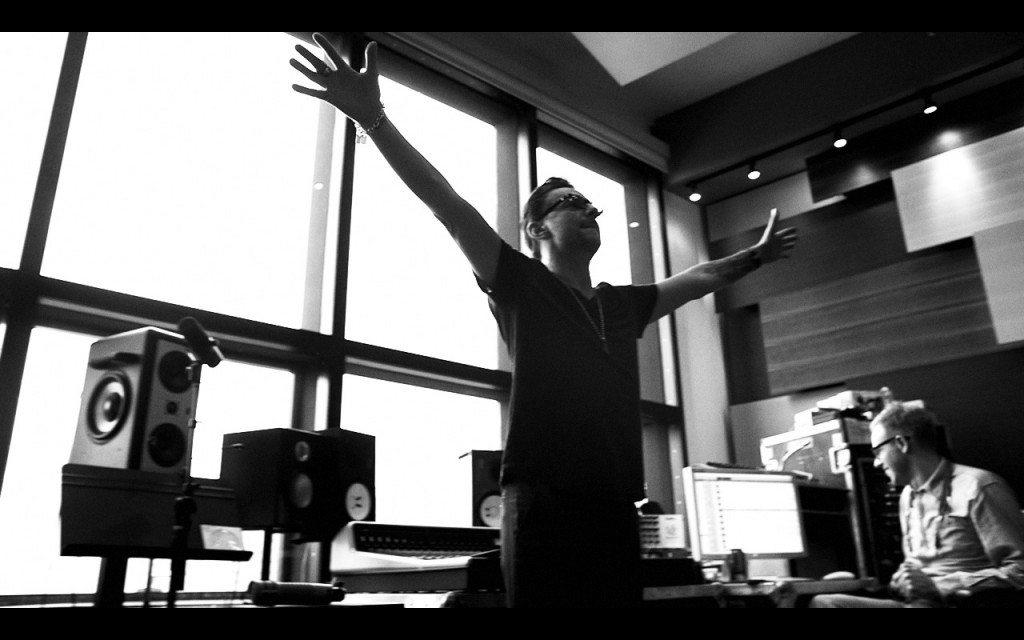
While some minor colors can be seen through out, can you tell us the decision behind doing it primarily in Black & White?
Daylight + Black and white = magic. Also, I couldn’t control anything in the room, lighting, color, etc, so using black and white was a classic solution to formal issues that would occur in creating a consistent tonal feel.
While the band have used other people more recently, did the fact that Depeche have worked so closely with Anton Corbijn have any kind of influence or weight on your decision making at all?
Anton was a huge influnce on me growing up and is an amazing artist. The bands image had been crafted by him in such an iconic fashion, so in some ways it’s impossible to remove that from the equation. I’ve worked with many artists over time, but I do think with Depeche Mode you walk in knowing that you will be somewhat compared to Anton by the fans and in the lexicon of the bands imagery. It’s humbling and exciting to add to their legacy of iconic visual output. My style is very different from Antons, but I feel it’s a good mix, a contemporary take on the band.
Musically, you have worked with some pretty eclectic artists. Names like Flying Lotus, Washed Out, Passion Pit, and Usher having all received your signature. Do these artists reflect much of your personal taste or are you finding they are gravitating towards you?
I’ve been very lucky that most of the artist I’ve worked with are also on my playlists. I think working with artists you must be very into music, so you can speak the language with them. This is my passion and I think it translates into our works together.
What are your thoughts on music videos as a promotional medium these days? The traditional music television outlets are drowning in reality TV shows, sadly, so is the internet viable enough to keep the medium relevant?
I can’t say. I think for each project you should create what you want to see in the world and hopefully it will have a life of it’s own.
For more information on Timothy Saccenti, please visit:
timothysaccenti.com
twitter.com/timothysaccenti
tsaccenti.tumblr.com


